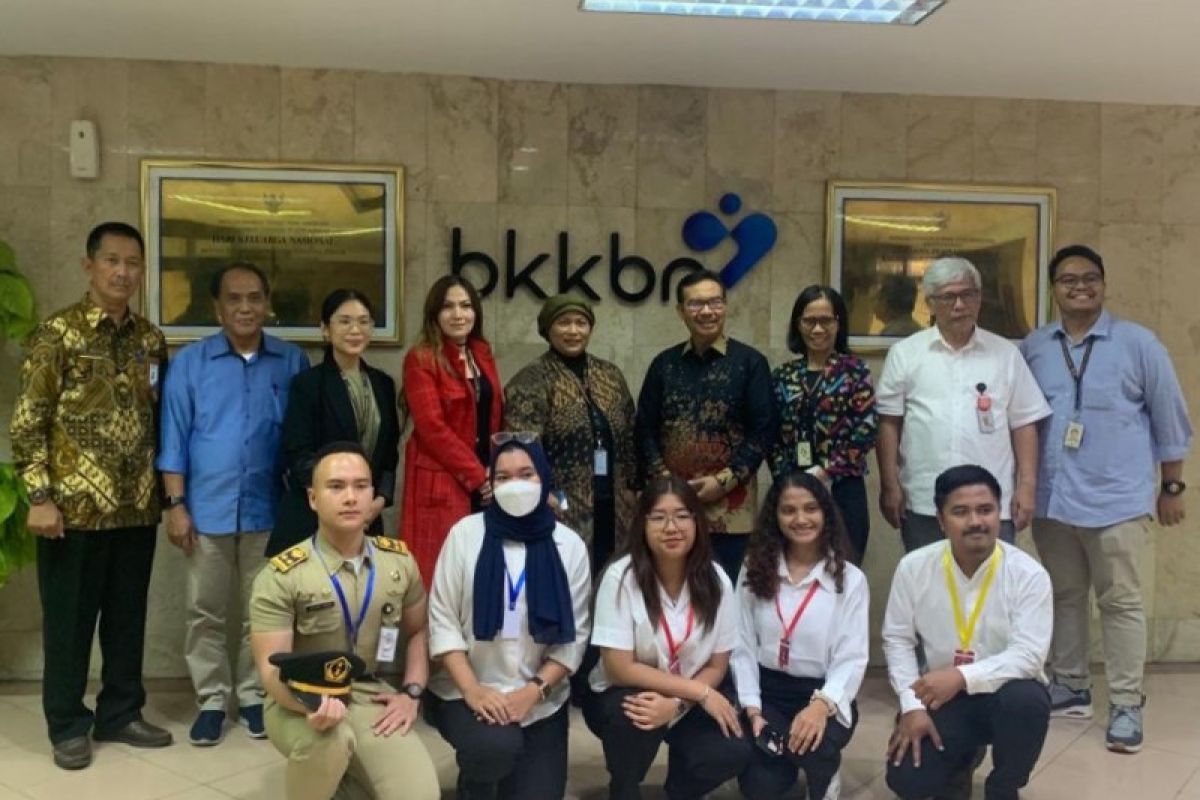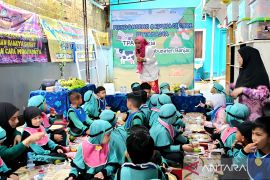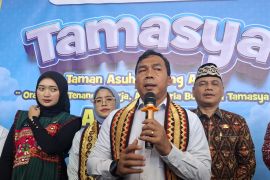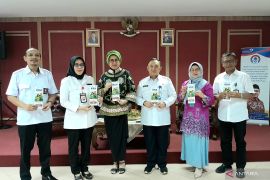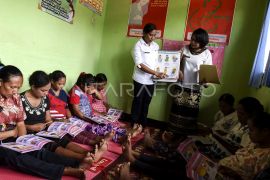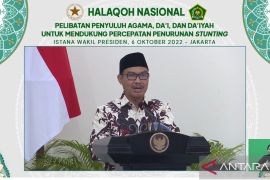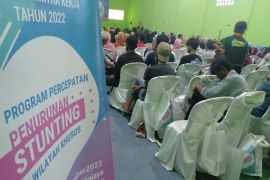"The number of those who are at risk of stunting has decreased to 21.6 percent based on data from the 2022 Indonesian Nutrition Status Survey (SSGI) as a positive impact of clean water and sanitation management as well as repairs to uninhabitable houses," Wardoyo noted in Jakarta on Thursday.
According to the agency head, sensitive factors, comprising the provision of clean water and sanitation facilities, such as latrines, helped in accelerating the reduction of stunting cases, at least in the last two years.
According to Wardoyo, mutual cooperation among all levels of government in providing interventions until the grassroots' level helped to expedite the reduction of stunting.
He cited as an example, the involvement of several parties participating in the Foster Stunting Children Program (BAAS), including members of the Indonesian Defense Forces (TNI) and the National Police (Polri), the government, private companies, and the community.
He noted that massive intervention was expected to help in achieving the stunting prevalence target of 14 percent by 2024, with a trend of decreasing cases of around 2.8 percent each year.
However, despite a decrease in the national stunting rate, the indicators for handling children with stunting have not shown improvement. For instance, there are still pregnant women with anemia in need of special intervention, Wardoyo pointed out.
“Intervention in cases of stunting in children must be carried out based on specific factors, such as by giving iron tablets to pregnant women, who are at risk of giving birth to stunted children due to chronic energy deficiency. The same intervention is also carried out for young women, who are anemic," he remarked.
Moreover, he said that exclusive breastfeeding for six months is also important. BKKBN's data showed that the percentage of exclusive breastfeeding was only 66 percent, below the government's target of 70 percent.
Responding to this problem, the Expert Staff of the Presidential Staff Office (KSP), Brian Sri Prahastuti, admitted that data related to clean water and sanitation is difficult to obtain validly from the local government.
Based on the results of field monitoring and mapping conducted by the KSP, out of the 12 provinces that have been identified, only 15 districts are known to have sanitation and access to drinking water of less than 50 percent.
"After receiving information from BKKBN regarding data collection activities that are updated every year, we will use family data collection (PK) to gather information regarding clean water and sanitation access because it specifically contains data by name and by address," she noted.
Related news: N Sumatra urges BKKBN to pursue collaboration for stunting reduction
Related news: Banning child marriage could help prevent stunting: BKKBN
Related news: Indonesia to be strong country if stunting issues addressed: Minister
Translator: Hreeloita Dharma S, Resinta S
Editor: Sri Haryati
Copyright © ANTARA 2023
